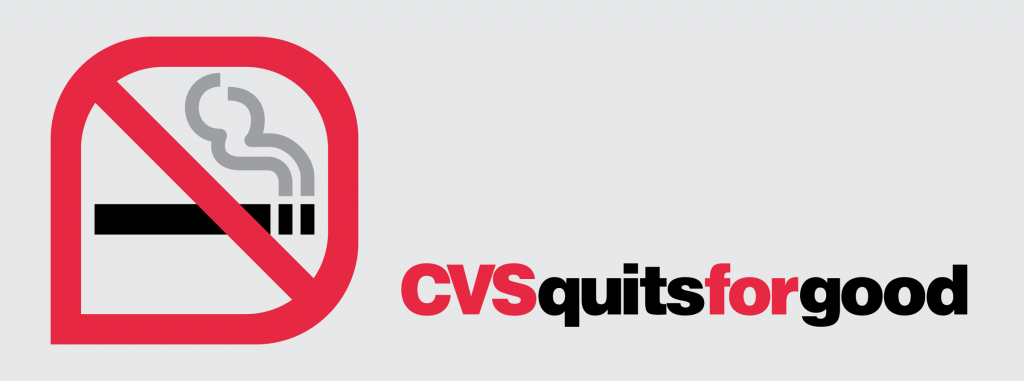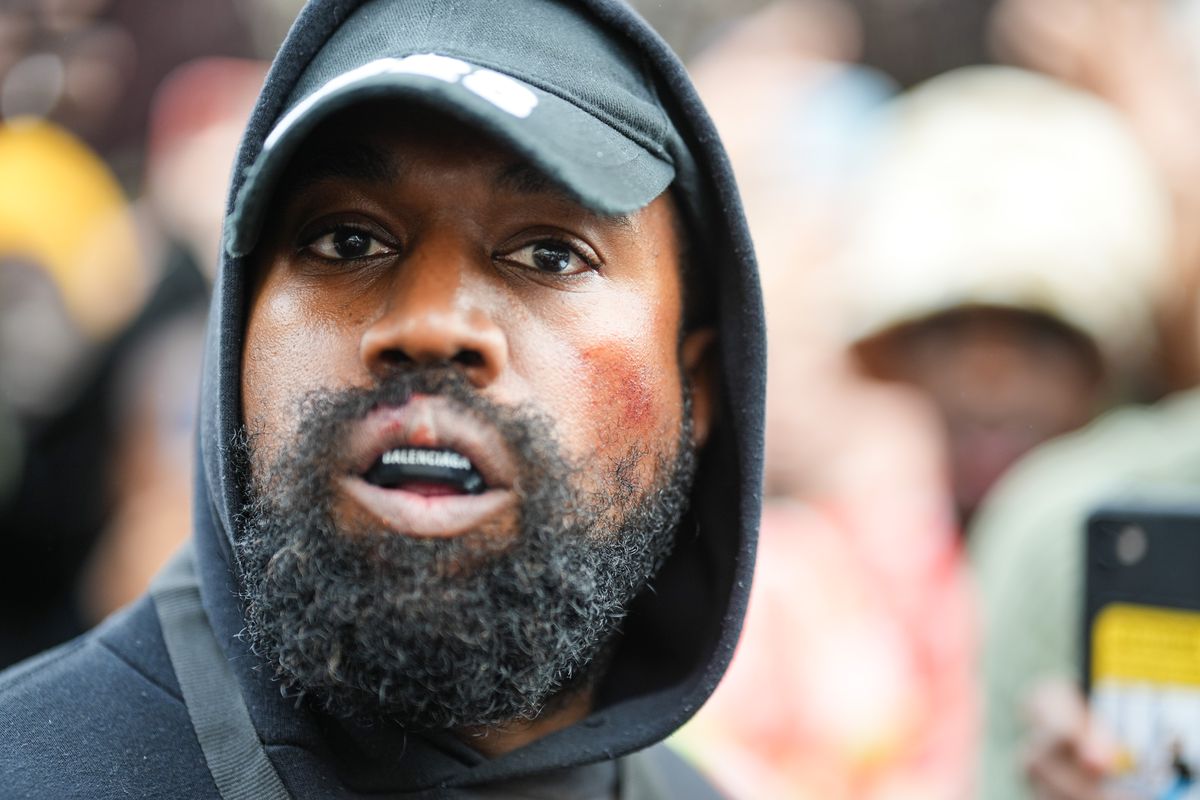By: Leighton Rowell

“Few medical questions have stirred such public interest or created more scientific debate than the tobacco-health controversy.” With its first Report on Smoking and Health in 1964, the Surgeon General sparked America’s battle against smoking. The Committee’s conclusion that “cigarette smoking is a health hazard of sufficient importance in the United States to warrant appropriate remedial action” was a game-changer: between 1964 and 2011, the proportion of Americans who smoke dropped from 42 percent to 19 percent. Indeed, the Report had indelible effects on this country’s tobacco culture, whose history is, in fact, much longer than that of the country itself.
But according to the Center for Disease Control, even after half a century, more than 480,000 Americans die each year from smoking-related illnesses. That is approximately 1,300 deaths per day, and this figure excludes the 42,000 deaths per year resulting from secondhand smoke exposure. The campaign to reduce smoking has become a national — even international — cause, but the battle is not just between physicians and patients. In 2011, 68.9 percent of adult smokers wanted to stop smoking, and more than half of them had attempted to quit in the past year. It is, of course, a personal battle for most.
So public health advocates were not the only ones who sang CVS Caremark’s praises when the pharmacy giant announced Feb. 5 that its 7,600 stores would gradually phase out sales of tobacco products by Oct. 1 of this year. Statements by the American Medical Association (“We commend CVS for putting public health ahead of their bottom line”) and the American Cancer Society (a “…bold public health decision by a major retail pharmacy to act on the long understood reality that blending providing health care and providing cigarettes just doesn’t match”) were accompanied by a press release from President Barack Obama, himself a former smoker. Obama said the move “sets a powerful example” and that it would advance his “Administration’s efforts to reduce tobacco-related deaths, cancer, and heart disease, as well as bring down health care costs – ultimately saving lives and protecting untold numbers of families from pain and heartbreak for years to come.” First Lady Michelle Obama simply tweeted her thanks: “Now we can all breathe a little easier, and our families can live healthier.”
The big announcement was met with skepticism, too. For one, CVS stores will continue to sell unhealthy products such as high-sodium snacks and alcohol. But in response, CVS Caremark CEO Larry Merlo has pointed out the importance of differentiating “a bar of chocolate from a pack of cigarettes.” He continued, “Whether you’re talking about a candy bar or a bag of chips, you know, in occasional use, taken in moderation, a dietician would tell you that’s OK. The same cannot be said about a pack of cigarettes.” Others were quick to counter that most people purchase their tobacco products in gas station convenience stores and specialty shops anyway, and that a single chain’s ban would have an extremely limited effect on the overall supply. According to research firm Euromonitor International, just 3.6 percent of cigarette purchases were made in drugstores, whereas 47.5 percent of the 290 billion cigarettes sold in 2012 were bought in gas stations. In Athens, Ga., alone there are only five CVS stores and about 75 gas stations.
Still, the aforementioned criticisms do very little in terms of challenging CVS Caremark’s primary purpose. This move away from the tobacco industry is aimed at further expanding the pharmacy chain’s role in the healthcare sector.
“Put simply, the sale of tobacco products is inconsistent with our purpose,” said Merlo in a statement. UGA public health professor Dr. Jessica Muilenburg agrees.
“I have always wondered how pharmacies can sell cigarettes to the public, yet market themselves as health care providers and further as a place to help people get and stay healthy,” said Muilenburg.
Today CVS Caremark operates some 800 “MinuteClinics” within its pharmacy stores, employing 26,000 pharmacists and nurse practitioners, “who are helping millions of patients every day across the country manage conditions like high blood pressure, high cholesterol, and diabetes” — all of which are exacerbated by smoking. In the place of cigarettes, CVS will launch smoking cessation programs this spring. Merlo also expects to nearly double the number of MinuteClinics within the next three or four years.Some might say CVS is trying to become a doctor’s office.
Representing an “unprecedented step in the retail industry,” the decision to phase out tobacco sales may seem to defy the laws of capitalism. CVS Caremark’s continued foray into the healthcare industry will cost the company billions in terms of forgone revenue. Tobacco sales account for $2 billion, or 1.5 percent, of the company’s $125 billion in annual revenue, and, according to Merlo, roughly 3 percent of its profits. The chain will also forfeit any additional sales that customers shopping primarily for cigarettes would have generated, but executives ultimately decided “the financial gain is outweighed by the paradox inherent in promoting health while contributing to tobacco-related deaths.” By being first to remove tobacco products from its shelves, CVS has earned a huge bonus in the form of a priceless image boost. Dr. Muilenburg expects that “other pharmacies will wait to see how this impacts CVS, but I do see this [as] a pressure if other pharmacies want to be seen as overall health leaders.” If consumers, insurers, and doctors take notice, and CVS Caremark thrives as a result of its reemphasized focus on healthcare, other retailers may follow suit. CVS Caremark Chief Medical Officer Troyen A. Brennan acknowledges that this action “may not lead many people to stop smoking,” since most smokers will seek out other suppliers. However, he believes that “if other retailers follow this lead, tobacco products will become much more difficult to obtain.”
Regardless of CVS’s new policy, cigarettes will remain easy to come by in Athens. Even after all tobacco products are pulled from the city’s five CVS pharmacies, the 72 gas stations, three Rite-Aids, two Walgreens, and two Walmarts will help smokers satisfy their cravings. They will not have difficulty finding somewhere to smoke, either, as the University of Georgia is not a smoke-free campus. While the current policy prohibits smoking indoors or within 35 feet of building entrances, the rules are loosely enforced at best. Despite being Georgia’s flagship institution, the University of Georgia trails nearly half of the University System’s 31 colleges and universities, which have already banned the use of tobacco products on their campuses. It is the only educational institution in Athens that still allows smoking on its premises. But like CVS’s stance on tobacco, this too may soon change: the Board of Regents is expected to vote on the “Tobacco and Smoke-Free Campus Policy” later this month. If passed, the plan would go into effect July 1 and would bar the use of cigars, cigarettes, pipes, snuff, hookah, and electronic cigarettes on every University System college campus.
University System Chancellor Hank Huckaby believes it can be done. “There are a lot of success stories out there,” said Huckaby. University of Georgia Vice President for Public Affairs Tom Jackson, on the other hand, has asserted that a full ban would be impractical, saying, “It’s not a police matter. It’s not a law. It’s a University policy. You ask people to comply.” One success story, however, lies just down the road from the UGA campus at Athens Technical College. After continued requests by students for a policy change, Athens Technical College banned on-campus smoking in 2009. Policy enforcement is not a “police matter” there, either. Instead, a series of consequences are used to discourage violation of the rules. First-time violators are given a warning, but second-time violators must pay a $50 fine. If the student in question violates the policy a third time, he risks dismissal from the College and must meet with Andrea Daniel, ATC Vice President for Student Affairs. In the two cases Daniel has dealt with, neither student was dismissed. The success of a tobacco policy, it seems, depends on the community’s involvement in the implementation, students’ willingness to comply, and the gravity of the consequences. If Athens Technical College can kick the habit, the University of Georgia can, too.


